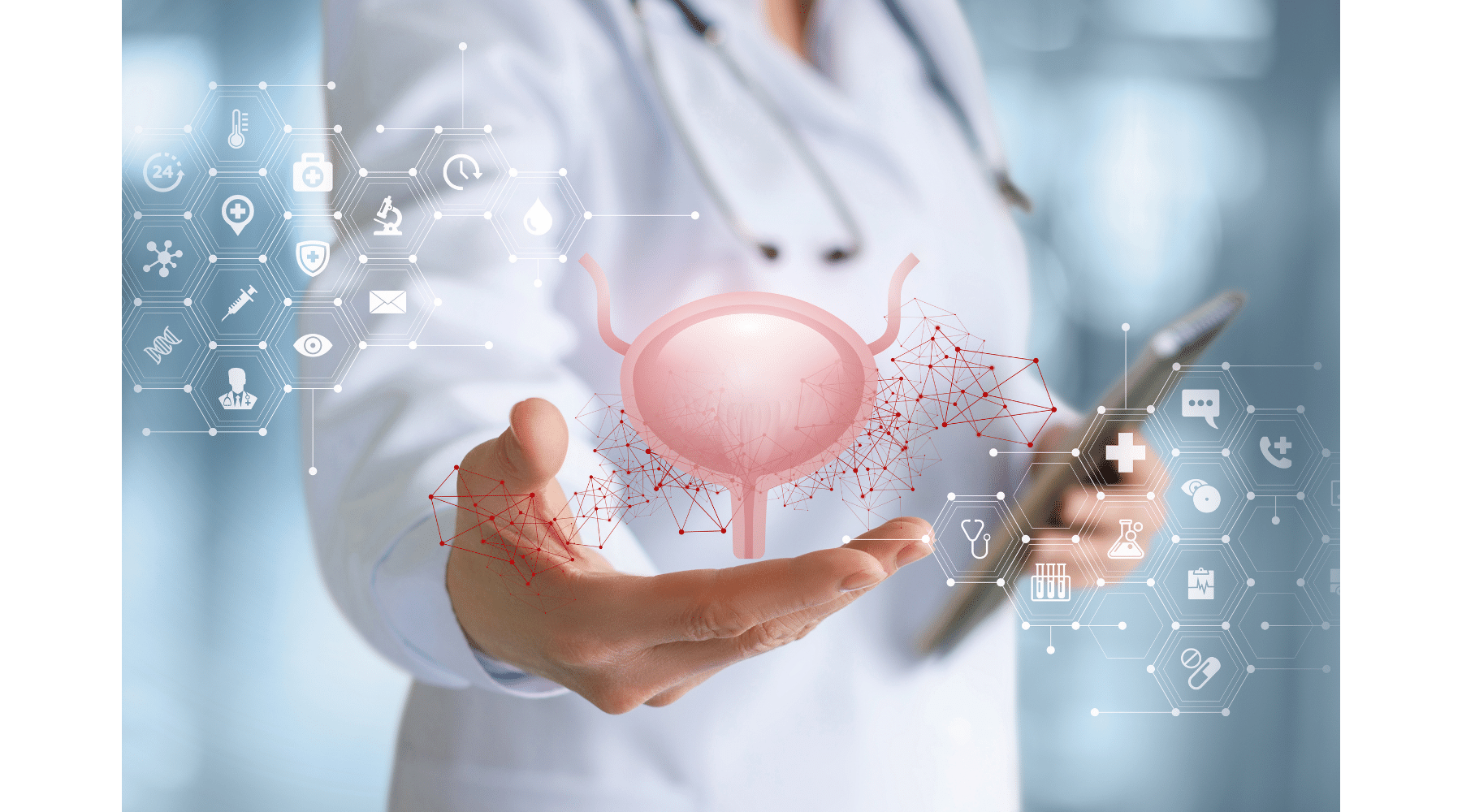
Understanding the Causes and Risk Factors of Interstitial Cystitis/Bladder Pain Syndrome (IC/PBS)
Interstitial Cystitis/Bladder Pain Syndrome (IC/BPS) is a chronic condition that affects the urinary bladder, causing pain, urgency, frequency, and discomfort. While the exact cause of IC/BPS is still not fully understood, there are several factors that can contribute to the development of this condition. In this blog post, we will delve into the causes and risk factors associated with IC/PBS, shedding light on the possible triggers behind this debilitating condition.
1. Potential Causes of IC/BPS:
a. Bladder Lining Defects: One potential cause of IC/BPS is thought to be defects or abnormalities in the protective lining of the bladder. This allows harmful substances in the urine to irritate the bladder walls, leading to inflammation and symptoms associated with IC/BPS.
b. Neurogenic Inflammation: Neurogenic inflammation is another possible cause of IC/BPS. It occurs when the nerves in the bladder become overly sensitive, resulting in persistent pain and discomfort.
c. Autoimmune Factors: Some researchers believe that IC/BPS could have an autoimmune component. This means that the immune system may mistakenly attack and damage the bladder, leading to inflammation and symptoms.
d. Hypersensitivity: Individuals with IC/BPS may have a heightened response to certain foods, substances, or neurological signals that cause the bladder to become irritated. The exact mechanisms behind this hypersensitivity are still being studied.
2. Risk Factors for IC/BPS:
a. Gender: IC/BPS is more commonly diagnosed in women than men. It is estimated that women are up to ten times more likely to develop this condition than men. However, it can affect individuals of any gender.
b. Age: IC/BPS can occur at any age, but it is most commonly diagnosed in individuals between the ages of 30 and 40. However, it can also affect children and the elderly.
c. Chronic Urinary Tract Infections (UTIs): Recurrent or chronic UTIs may increase the risk of developing IC/BPS. Frequent UTIs can cause inflammation and damage to the bladder, potentially triggering IC/BPS symptoms.
d. Genetics: There is evidence suggesting a genetic predisposition to IC/BPS. If you have a family member with IC/BPS, you may be at a higher risk of developing the condition.
e. Other Health Conditions: Certain health conditions, such as irritable bowel syndrome (IBS), fibromyalgia, chronic fatigue syndrome, allergies, and pelvic floor dysfunction, have been associated with an increased risk of developing IC/BPS.
f. Environmental Factors: Exposure to certain environmental factors, such as chemicals, smoking, and pelvic trauma, may increase the risk of IC/PBS. However, more research is needed to fully understand the impact of these factors.
Conclusion:
While the exact causes of Interstitial Cystitis/Bladder Pain Syndrome (IC/BPS) are still being explored, it is believed to be influenced by a combination of factors including bladder lining defects, neurogenic inflammation, autoimmune factors, and hypersensitivity. Additionally, gender, age, chronic UTIs, genetics, other health conditions, and environmental factors can contribute to the risk of developing IC/BPS. Understanding these causes and risk factors can help raise awareness about this condition and pave the way for more effective diagnostics and treatment options in the future. If you suspect you may have IC/BPS, it is crucial to consult with a healthcare professional for proper diagnosis and personalized management approaches.


